This month’s title is a double entendre – many of us are literally ‘zoomed out’ after too many online Zoom meetings.
However, ‘zooming out’ is also a metaphor for an important psychological practice, putting ourselves in perspective by stepping back and thinking of the larger picture.
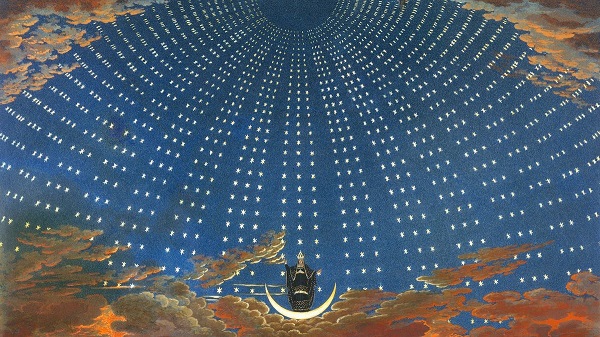
Norman J. Olson reflects on his past work in a factory making phone books in a piece illustrated with a set of evocative paintings.
While Olson reflects positively on industry and creative ingenuity, others trace less pleasant patterns in history.
Michael Robinson links today’s Black Lives Matter movement with past decades of racism in a poignant set of pieces ending with meditations on death.
Nigerian author Chimezie Ihekuna also addresses death, and his loss of fear of it.
Patricia Doyne takes a larger-scale view of our mortality, criticizing President Trump’s management of the coronavirus crisis. Jeff Rasley does the same in his excerpt from his upcoming political novel Anarchist, Republican, Assassin, a book steeped in the tensions of today.
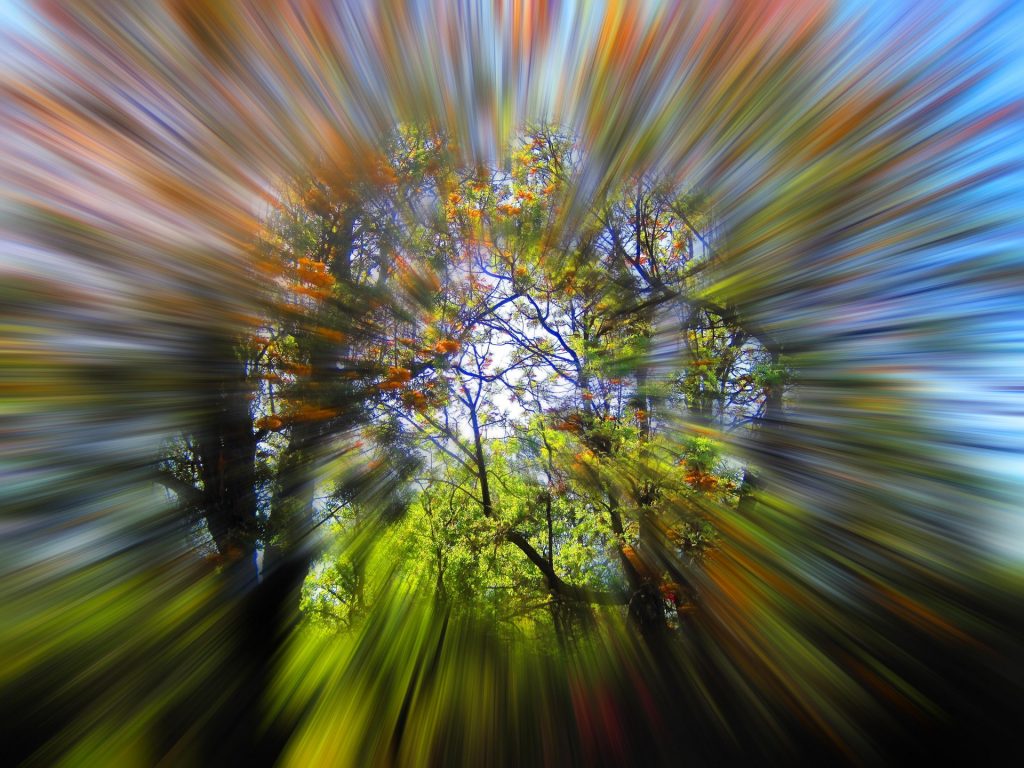
Doyne also mentions finding solace in nature, in walking around a nearby lake.
Other contributors turn to, or connect with, nature and our fellow species. Norman Olson sends us paintings he’s done of trees, while Joan Beebe celebrates nature, friendship and freedom through her collection of poetry.
Ross Bryant’s work evokes mental wandering during long country drives, while Spanish poet Daniel De Culla muses on the transmutation of a man to a frog and back again.
In her monthly Book Periscope column, Elizabeth Hughes reviews Marcie Brooks’ novel Four Dogs And Their Tales, a piece from the point of view of four rescue dogs who compete in agility competitions.
Not all considerations of nature are lovely or escapist: Abdelsalam Ibrahim describes illness caused by parasites in a poetic, poignant, almost supernatural way, while Coco Kiju writes pityingly of an abandoned street dog.
Bangladeshi poet Mahbub’s pieces mention human misdeeds towards each other but set them against a background of a much larger universe that includes gentle romances, flora, fauna and the stars. This juxtaposition makes human cruelty seem absurd, that whatever people fight over is small in light of the rest of the world.
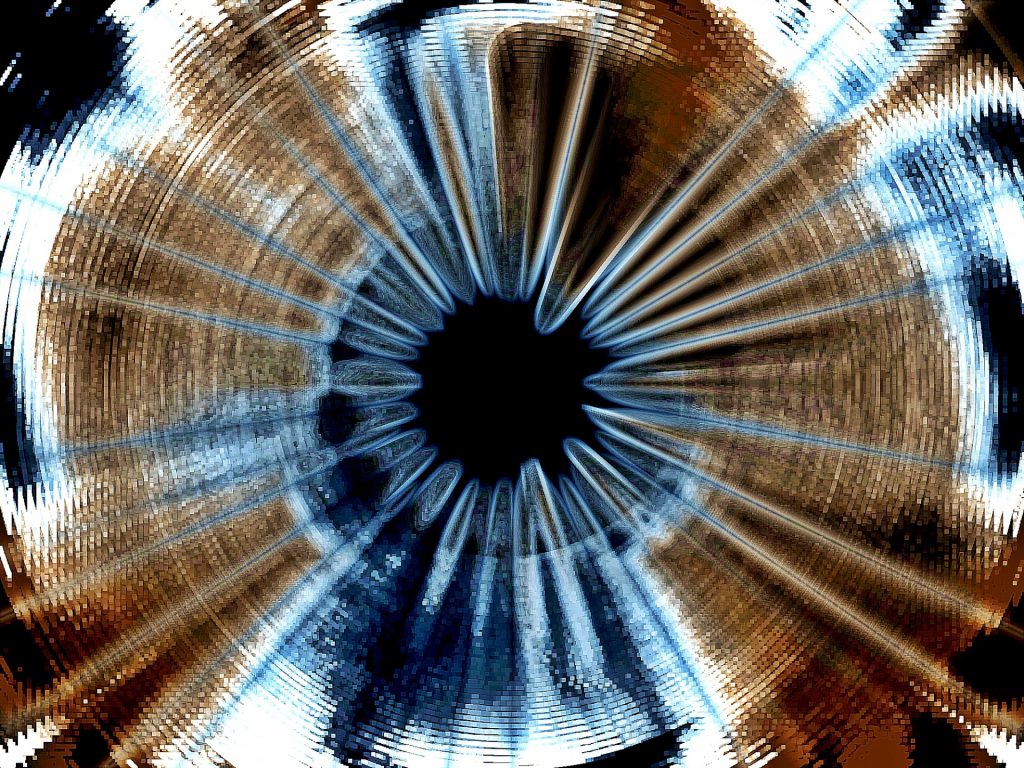
Other writers link nature, or the non-human physical universe, to philosophy or human psychology.
Emilie Mayer describes her synesthetic experience of tasting, smelling and feeling poetry, linking her creative act to the growth within her environment. Hazel Clementine also references synesthesia in her surreal work involving her grandmother, dancing, punctuation and preparing oatmeal with cinnamon. Words become something basic, comforting, nutritive, yet challenging and sticky.
J.J. Campbell describes through sparse lines the lostness and pain of being out of place in the small town where he lives.
Chinese poet Hongri Yuan’s poetic speakers step back and take in the natural cosmos and a mystical, galactic, ordered universe. (translated by Yuanbing Zhang).
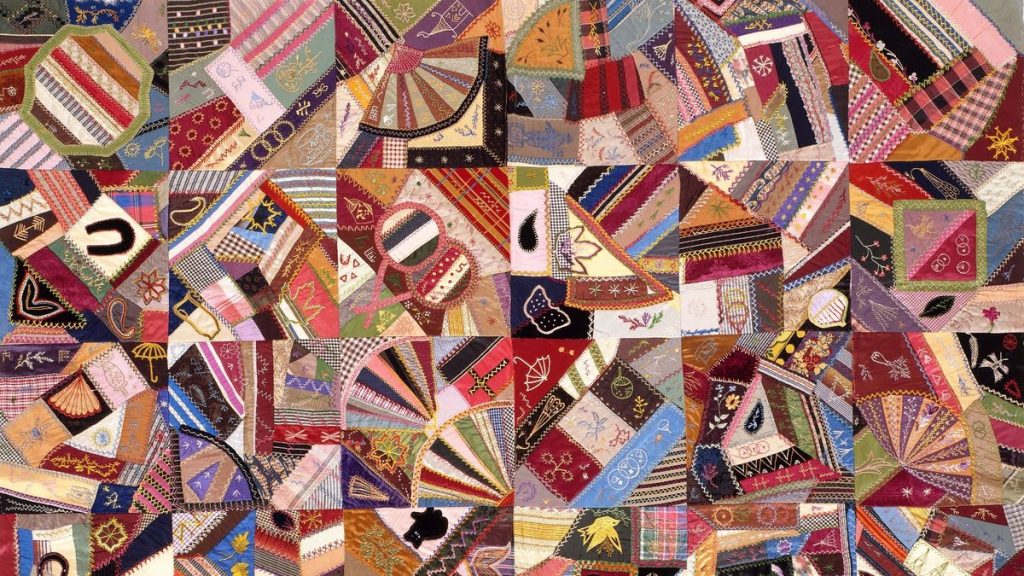
Some contributors look outward to other people as a means of expanding their focus.
Italian actor Federico Wardal offers a tribute to the generous and graceful spirit of singer and actress Juliette Greco. And another to Rudolph Valentino in the form of a dramatic script, where he imagines himself about to perform, under pressure to revise his show away from his personal vision, when Valentino emerges and speaks with him before he goes on stage.
Syrian writer Moustafa Dandoush conveys the intensity and sincerity of first love, while Santiago Burdon uses dark humor to illustrate the potential consequences of insensitivity in a relationship.
Ghanaian author and radio broadcaster Ike Boat writes of his participation in a group effort to bring food to elderly people in need and also offers an overview of his work in media, nutrition and community development.
Eva Petropolou expresses her love and gratitude for her mother as well as the disembodiment and emptiness of heartbreak, losing part of oneself as well as another person.
Christopher Bernard also writes of the absence of a relationship, that of his children, as he decided not to be a parent. Yet, absence can be another kind of presence, when the lack of someone inspires thought.
Literary writer Denise David reviews Carol Smallwood’s new poetry collection Thread, Form and Other Enclosures, highlighting how the poems reflect and uncover the importance of women’s contributions to our world.
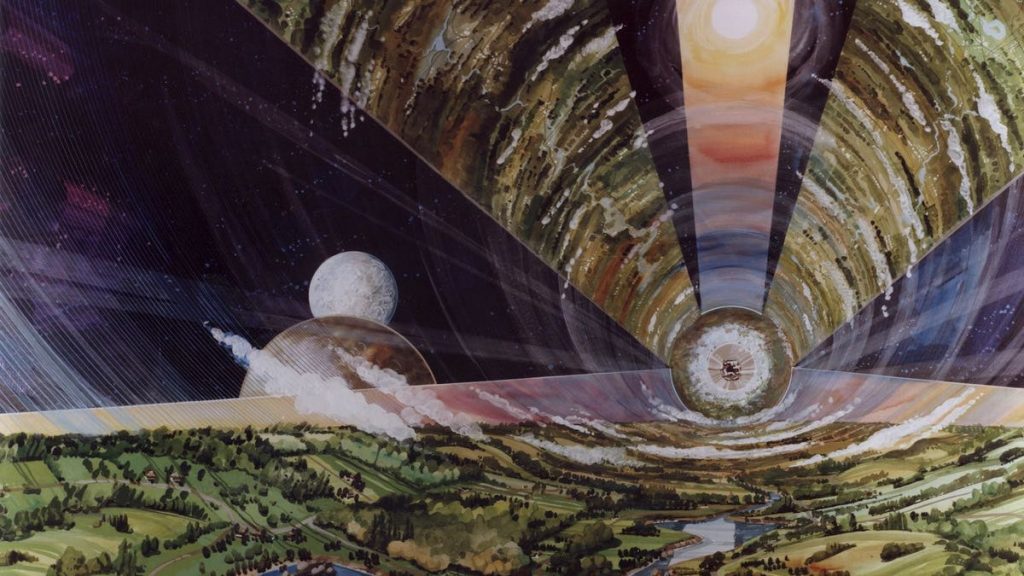
Two contributors focus in on the attitudes we need to maintain a healthy perspective. John Culp urges us towards the courage to try new adventures and of the joy we can find in the world, while Ahmad Al-Khatat illustrates the negative effects of staying stuck in pride and letting oneself stagnate rather than asking for help when needed, and the contrast of that attitude with true, mutual love.
Mark Young’s artwork is bold, thoughtful and expressive, with nets of intertwined lines and splashes of contrasting color.
And, finally, Charles J. March’s art piece, with the timeless words of the 23rd Psalm cut apart and scattered over a notebook, reminds us of our searches for wisdom within faith and tradition.
